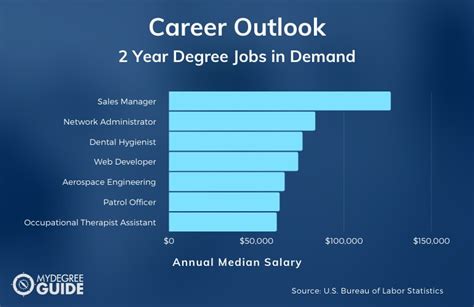Your Complete Guide to a 2-Year Finance Degree
A two-year finance degree, often an Associate's Degree, offers a fast track into the exciting world of finance. While it might not provide the same breadth of knowledge as a four-year Bachelor's degree, it provides a solid foundation and a quicker entry point to the job market. This comprehensive guide will walk you through everything you need to know about pursuing a 2-year finance degree, from choosing the right program to launching your career.
What is a 2-Year Finance Degree?
An Associate's Degree in Finance typically covers fundamental financial concepts such as accounting principles, financial markets, investments, and personal finance. The curriculum often includes practical applications through coursework and potentially internships. It’s designed to equip students with the skills needed for entry-level positions in various finance-related fields.
Why Choose a 2-Year Finance Degree?
Several compelling reasons exist for opting for a two-year program:
- Faster Completion: This is the most significant advantage. You can enter the workforce and start earning much sooner than with a four-year degree.
- Lower Cost: Associate's degrees generally cost less than Bachelor's degrees, reducing the overall financial burden of your education.
- Targeted Skills: The curriculum focuses on practical skills directly applicable to entry-level positions, making you a competitive candidate.
- Foundation for Further Study: Many students use an Associate's degree as a stepping stone to a Bachelor's degree, transferring earned credits to save time and money.
What Will You Learn?
A typical 2-year finance degree curriculum includes:
- Financial Accounting: Understanding financial statements and accounting principles.
- Managerial Accounting: Applying accounting concepts to make business decisions.
- Principles of Finance: Exploring core financial concepts like time value of money, risk and return.
- Investments: Learning about different investment vehicles and strategies.
- Personal Finance: Managing personal finances and making informed financial decisions.
- Economics: Understanding macroeconomic and microeconomic principles influencing financial markets.
- Computer Applications: Developing proficiency in relevant software like Microsoft Excel and financial modeling tools.
Career Paths After Graduation:
While a 2-year degree might not open every door, several entry-level positions are within reach:
- Financial Clerk: Assisting with financial record-keeping and administrative tasks.
- Bookkeeper: Maintaining financial records and preparing financial reports.
- Accountant Assistant: Supporting accountants with various tasks.
- Loan Officer Assistant: Assisting loan officers in processing loan applications.
- Payroll Clerk: Managing payroll processes and ensuring accurate employee compensation.
Choosing the Right Program:
Carefully consider these factors when choosing a program:
- Accreditation: Ensure the program is accredited by a reputable organization.
- Curriculum: Review the specific courses offered and their alignment with your career goals.
- Faculty: Look into the faculty's expertise and experience.
- Career Services: Assess the availability of career counseling and job placement assistance.
- Location and Flexibility: Choose a program that suits your learning style and schedule.
Next Steps: Making it Happen
Research: Start by researching accredited community colleges and vocational schools offering Associate's degrees in Finance.
Application: Carefully review the application requirements and deadlines.
Financial Aid: Explore options for financial aid, including grants, scholarships, and student loans.
Networking: Connect with professionals in the finance industry to learn more about career opportunities.
A 2-year finance degree can be a smart and efficient path to launching a successful career in finance. By carefully researching programs, building a strong foundation of knowledge, and networking strategically, you can pave your way to success in this dynamic field. Remember, continued professional development and learning will further enhance your career prospects.
